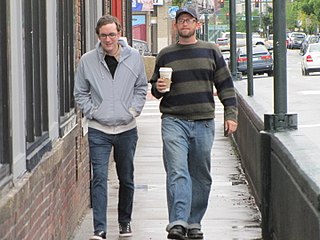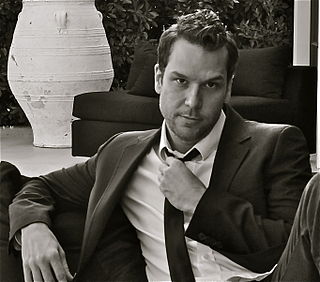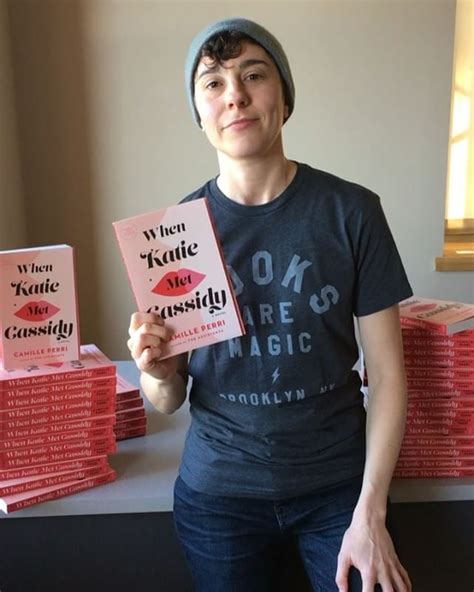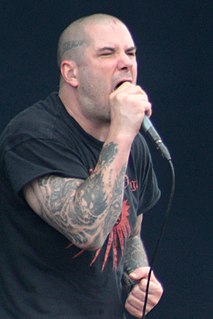A Quote by Noah Van Sciver
If I can educate a little, that's great; if I can cause somebody to go and seek out further information about Lincoln, that's excellent, but, I'm an entertainer, you know? I'm not a historian, I'm a cartoonist.
Related Quotes
An artist is somebody that puts themselves in a room, they're a wee bit self-indulgent and you know, sink into their music and it [will] be a very personal experience. An entertainer was somebody that took their God-given talent and shared it with people. And I've always wanted to be an entertainer.
I once interviewed David Herbert Donald, the Lincoln historian, and we talked about how one deals with the secondary sources and the previous biographies. He said something which kept coming back to me as I worked on Cleopatra, which was: 'There's no further new material; there are only new questions.'
You know the known, so go a little into the unknown. The mind that is caught up in the known - extended a little beyond reason. The moment you go beyond , you move in the soul. Releasing the bondage of your mind to extend further, reach the unknown a little more. The further you go, you realize that the known is limited and the unknown is vast.
When I was coming to terms with my sexuality, I often felt like I needed to seek out sanctuary outside of my house, and the library was the first place I went. It was a place that I could go and seek out information and look for answers to questions that maybe I was too afraid to ask another person.
If you rely on the media for your information, to educate yourself about the candidates and what issues are facing the country, then you get just part of the equation. I think it's important that we as citizens of this democracy take the responsibility to get as much information as possible before we go into the voting booth.
We hear a great deal of lamentation these days about writers having all taken themselves to the colleges and universities where they live decorously instead of going out and getting firsthand information about life. The fact is that anybody who has survived his childhood has enough information about life to last him the rest of his days. If you can't make something out of a little experience, you probably won't be able to make it out of a lot. The writer's business is to contemplate experience, not to be merged in it.
It is very hard to answer the oft-posed questions about how Abraham Lincoln would respond to some current condition. My favorite story on that count is that the late great Lincoln scholar Don Fehrebacher was asked, during the struggles over bussing for racial balance a few years ago, what Lincoln would say about "bussing" and he thought awhile and then answered : "what Lincoln would say would be: "What's a bus?"
We still have to realize that if you are say a historian of the Civil War, you don’t know anything special about say Columbus or for that matter the 20th century. You are a consumer of that information, especially if it’s stuff like Columbus and the American Indians. That information isn’t even in history, much of it. Much of it is in anthropology or archeology.

































